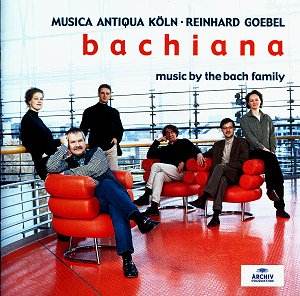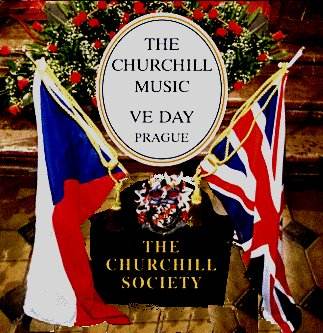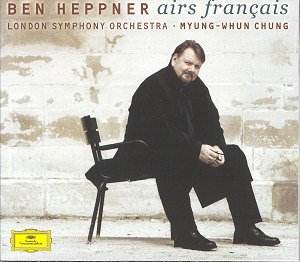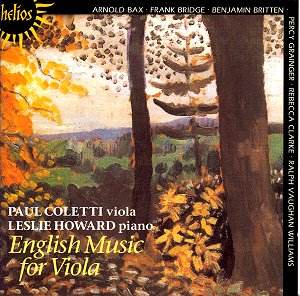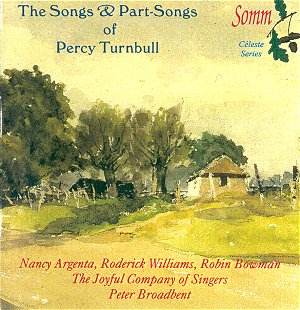 Composer: Percy Turnbull
Composer: Percy Turnbull
Works: The Songs and Part Songs
Performers: Nancy Argenta (soprano), Roderick Williams (baritone), Robin Bowman (piano), The Joyful Company of Singers, Director Peter Broadbent
Recording: SOMM CD 020
Label: SOMM Recordings
Percy Turnbull, born in Newcastle in 1902, emerges as a significant yet often overlooked figure in English song composition. His oeuvre, particularly the collection of songs presented in this recording, reflects a vibrant tapestry of early 20th-century melodic charm infused with the influences of his contemporaries. The works featured here, all from his twenties, encapsulate a period when English art song was flourishing, yet Turnbull’s voice remains curiously muted in the broader narrative of music history. This recording, presented by SOMM Recordings, is a commendable effort to illuminate his contribution to the genre and invite critical re-evaluation of his artistic merit.
The performances by Nancy Argenta and Roderick Williams are exceptional, each singer bringing a distinct interpretative depth to the songs. Argenta’s soprano is imbued with a warm lyricism, particularly evident in the opening track, “Chloris in the Snow,” where her nuanced phrasing breathes life into the text, evoking the pastoral sweetness reminiscent of Somervell and Sullivan. Williams, with his rich baritone, provides a contrasting yet complementary timbre, especially in “To Julia,” where his vocal agility is showcased alongside the delicate figuration in the piano part. Robin Bowman’s pianism deserves particular mention; his playing is both sensitive and assertive, deftly balancing the melodic lines with harmonic support. The intricate piano textures he crafts further enhance the lyrical beauty of Turnbull’s melodies, exemplified in “The Cavalier,” where the interplay between voice and piano creates a vivid character portrait.
The recording quality is noteworthy, capturing the subtleties of both voice and piano with clarity and warmth. The acoustic space allows for both the intimate nuances of the songs and the choral richness of the seven part-songs performed by the Joyful Company of Singers under Peter Broadbent. The engineering balances the dynamics effectively, ensuring that the piano does not overshadow the vocal lines. This is particularly evident in the more complex settings like “Guess, Guess,” where the interplay of voices is enhanced by the careful mix, allowing the listener to appreciate the intricate contrapuntal textures that Turnbull employs.
Turnbull’s music, while accessible, reveals deeper layers upon closer examination. His melodic lines, often simple yet profoundly expressive, echo the stylistic hallmarks of his mentors, including John Ireland and Ralph Vaughan Williams. Songs such as “If Doughty Deeds” exemplify this, as the straightforward melody is enriched by Turnbull’s distinctive harmonic choices, which reflect a classical training that elevates the material beyond mere folkish charm. The Beethovenian grandeur of “The Reminder” and the Schumannesque nature of “Guess, Guess” underscore his ability to blend traditional forms with personal expression, creating an engaging synthesis that feels both timeless and immediate.
This recording of Percy Turnbull’s songs is not merely a celebration of a neglected composer; it serves as a clarion call for a reassessment of his place within the pantheon of early 20th-century British song. The artistry displayed by the performers, coupled with the thoughtful engineering, highlights the beauty and sophistication of Turnbull’s music, deserving of a wider audience. A renewed interest in his chamber works would undoubtedly yield further treasures, as the songs presented here suggest a depth of emotion and craftsmanship that is too valuable to languish in obscurity. The efforts of the Turnbull Memorial Trust and this recording endeavor provide a vital pathway to reintroduce this composer to contemporary listeners.
